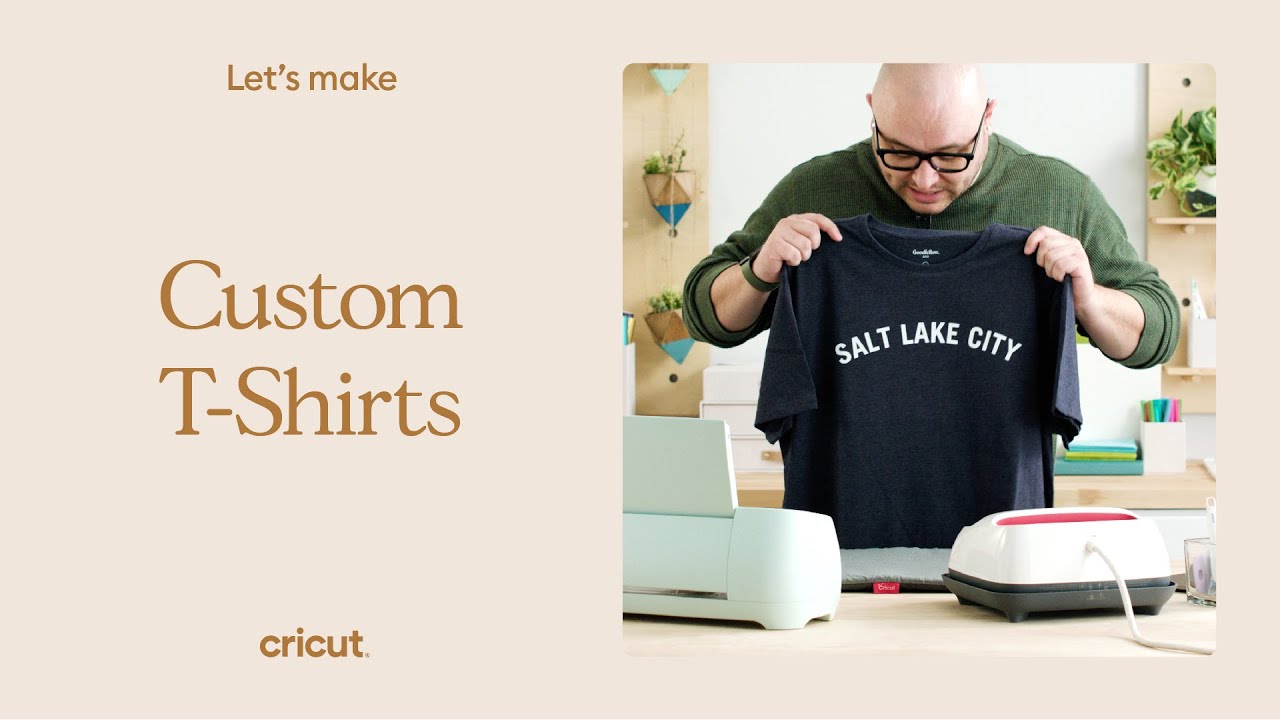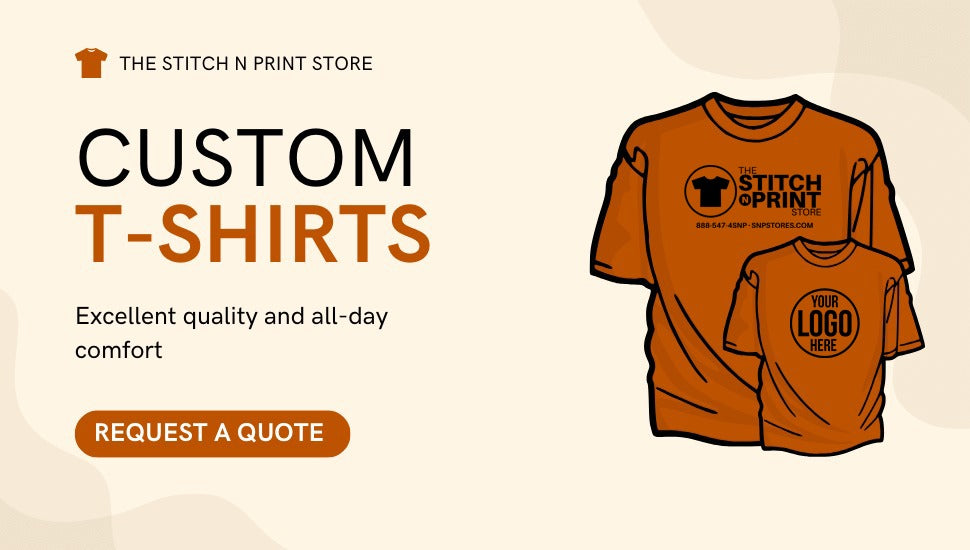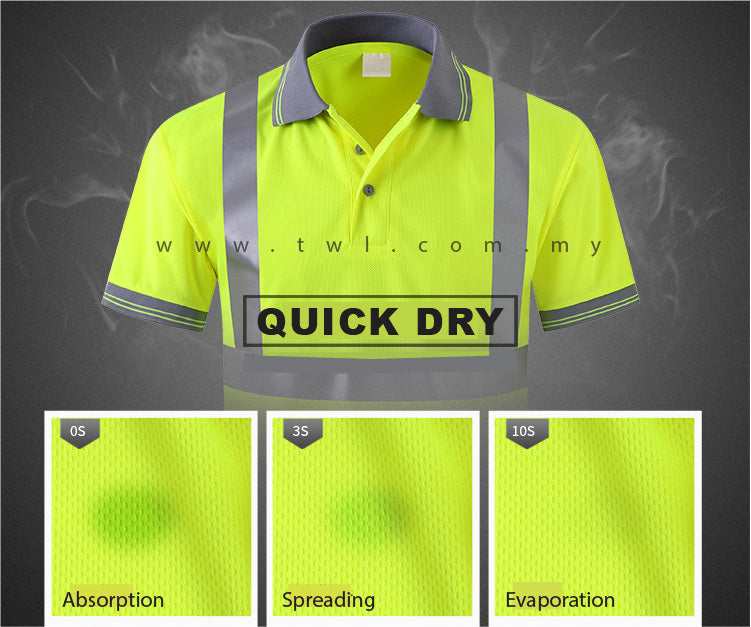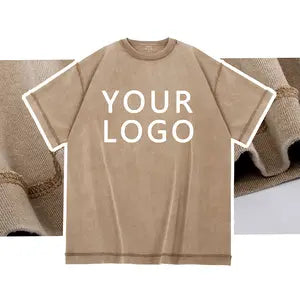A custom T-shirt is more than just a piece of clothing; it's a canvas for self-expression, a tool for branding, and a symbol of individuality. But before you start designing the perfect graphic or choosing the ideal color, you need to consider the foundation – the fabric. The right fabric can make all the difference in how your T-shirt looks, feels, and wears. With so many options available, the process can be daunting. This comprehensive guide will equip you with the knowledge and understanding to select the best fabric for your custom T-shirt project, ensuring a final product that meets your expectations and surpasses them.
Understanding Fabric Types: A Guide to Choosing the Right Material for Your Custom T-Shirt

When it comes to fabrics, the myriad choices available can overwhelm both novice designers and seasoned apparel makers. Understanding the core types of fabrics and their unique characteristics sets the stage for making an informed fabric selection. In this section, we will explore the fundamental aspects of fabric types, including fibers, weaves, and finishes, which ultimately influence the performance, aesthetics, and comfort of your custom T-shirt.
Natural vs. Synthetic Fibers
The basis of any fabric lies within its fibers. They can be broadly categorized into natural and synthetic fibers. Natural fibers, such as cotton, linen, wool, and silk, originate from plants and animals. They generally offer breathability, softness, and moisture absorption, making them comfortable for prolonged wear. However, they may come with drawbacks like susceptibility to wrinkling and shrinking.
On the other hand, synthetic fibers like polyester, nylon, and acrylic are engineered materials that often provide enhanced durability, wrinkle resistance, and quick-drying properties. They tend to be less breathable but excel in performance-oriented applications, such as sportswear. When choosing between natural and synthetic fibers, consider the intended purpose of your custom T-shirt.
Weave Patterns and Their Effect on Texture
Weaving refers to how fibers are interlaced to form fabric. Different weaving techniques create distinct textures and appearances. Plain weave is one of the simplest and most common methods, characterized by its flat and strong finish, making it versatile for everyday T-shirts. Twill weave, known for its diagonal ribbing, offers a slightly heavier texture and added durability, while satin weave creates a lustrous surface that drapes beautifully but may be prone to snagging.
Understanding these weaves allows you to choose a fabric that aligns with the aesthetic you want for your T-shirt. If you're looking for a crisp and clean appearance, plain weave may be your best bet. For a luxurious feel, consider satin weave, though keep in mind the increased risk of snags.
Finishing Touches: The Importance of Fabric Treatments
After weaving, fabrics often undergo various finishing processes to improve their qualities. Popular treatments include mercerization, which enhances luster and softness, sanforization to prevent shrinkage, and wrinkle-resistant finishes that help maintain a polished appearance after washing. Be sure to inquire about these treatments when selecting your fabric, as they can substantially affect the garment's longevity and overall user experience.
By understanding the basic fabric types, weaves, and finishes, you will be better equipped to navigate the vast array of fabric choices available for your custom T-shirt.
Cotton: The Classic Choice for Comfort and Durability

Cotton has long been celebrated as one of the most popular fabric choices for T-shirts, thanks to its comfort, versatility, and ease of care. Its soft and breathable nature makes it an ideal option for daily wear, and it adapts seamlessly to various styles and occasions.
The Versatile Nature of Cotton
One of the main advantages of cotton is its incredible versatility. It is suitable for a wide range of styles, from casual everyday wear to more formal designs. Cotton T-shirts can easily be dressed up or down, making them an essential component of any wardrobe. Whether you’re designing a promotional shirt for an event, a casual piece for lounging, or even a stylish top for a night out, cotton fits the bill.
Moreover, cotton comes in different variations, such as combed cotton, ringspun cotton, and Pima cotton. Combed cotton has had shorter strands removed, producing a smoother and softer fabric, while ringspun cotton uses a spinning method to twist fibers into a finer yarn, resulting in a denser, softer feel. Pima cotton, known for its long fibers, boasts exceptional softness and sheen, elevating the quality of any T-shirt.
Comfort and Breathability
Another reason why cotton remains a steadfast favorite is its natural breathability. Cotton fibers allow for air circulation, which helps regulate body temperature and wick away moisture. This feature is particularly beneficial during warmer months or for those leading an active lifestyle, as it reduces discomfort caused by excess sweat.
Cotton is also hypoallergenic, making it a suitable choice for individuals with sensitive skin. Unlike some synthetic materials that may cause irritation, cotton provides a gentle touch against the skin, adding to the overall wearing experience.
Care Considerations and Potential Drawbacks
While cotton offers numerous benefits, there are some considerations to keep in mind. One downside is its tendency to wrinkle easily, especially after washing. Although some cotton blends may provide better wrinkle resistance, pure cotton may require ironing to maintain a polished look. Additionally, cotton fabrics can shrink if not properly pre-shrunk or washed.
Despite these drawbacks, cotton remains a classic choice for T-shirts due to its comfort, versatility, and timeless appeal. By weighing its pros and cons, you can determine if cotton is the right fabric for your custom T-shirt project.
Polyester: Performance and Moisture-Wicking Properties for Activewear
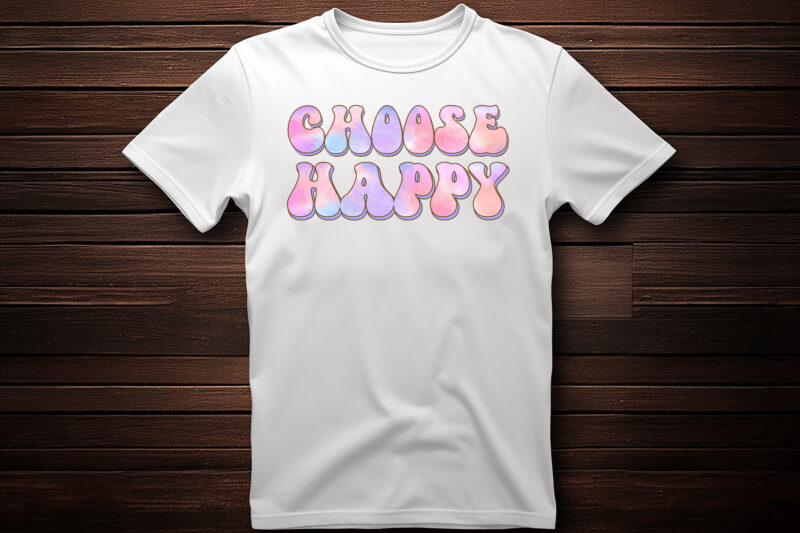
As one of the most widely used synthetic fabrics in the world, polyester has made a name for itself, particularly in the realm of activewear and performance T-shirts. Renowned for its durability and high-performance qualities, polyester is an excellent option for those seeking functionality in their custom T-shirt.
The Durability Factor
Polyester is known for its remarkable durability. The fabric is resistant to wear and tear, making it an ideal choice for garments subjected to heavy use—think gym workouts, outdoor adventures, or team sports. Unlike cotton, polyester does not easily break down after repeated washings, allowing for a longer lifespans of your T-shirt.
In addition to its resilience, polyester possesses excellent shape retention. It holds its structure well, meaning your T-shirt will retain its original fit and form over time, even after multiple wears. This characteristic can be especially important if you're creating T-shirts for a team or promotional event, where maintaining a consistent look is crucial.
Moisture-Wicking Advantages
One of the standout features of polyester is its moisture-wicking capability. The fabric effectively pulls moisture away from the skin, quickly evaporating sweat and providing a dry and comfortable wearing experience. This property is invaluable for active individuals engaging in sports or outdoor activities, as it keeps the wearer cool and focused.
For this reason, polyester is frequently chosen for sports jerseys, running shirts, and other activewear. If your custom T-shirt is intended for athletic purposes, opting for a polyester fabric can significantly enhance its performance.
The Comfort Question
Despite its numerous advantages, polyester does have some drawbacks. For instance, it is less breathable than natural fibers like cotton, which may lead to discomfort in hot weather. Some individuals also find the texture of polyester to feel synthetic compared to the soft, natural feel of cotton.
To address this issue, many manufacturers have developed high-quality polyester fabrics that mimic the softness of cotton, offering a balance of comfort and performance. When selecting polyester for your custom T-shirt, look for options labeled as "microfiber" or "performance fabric," as these often provide a softer touch against the skin.
In summary, polyester is a fantastic choice for custom T-shirts aimed at activewear or situations requiring durability. By understanding its benefits and potential drawbacks, you can confidently decide if polyester aligns with your project's needs.
Blends: The Best of Both Worlds - Combining Comfort and Performance
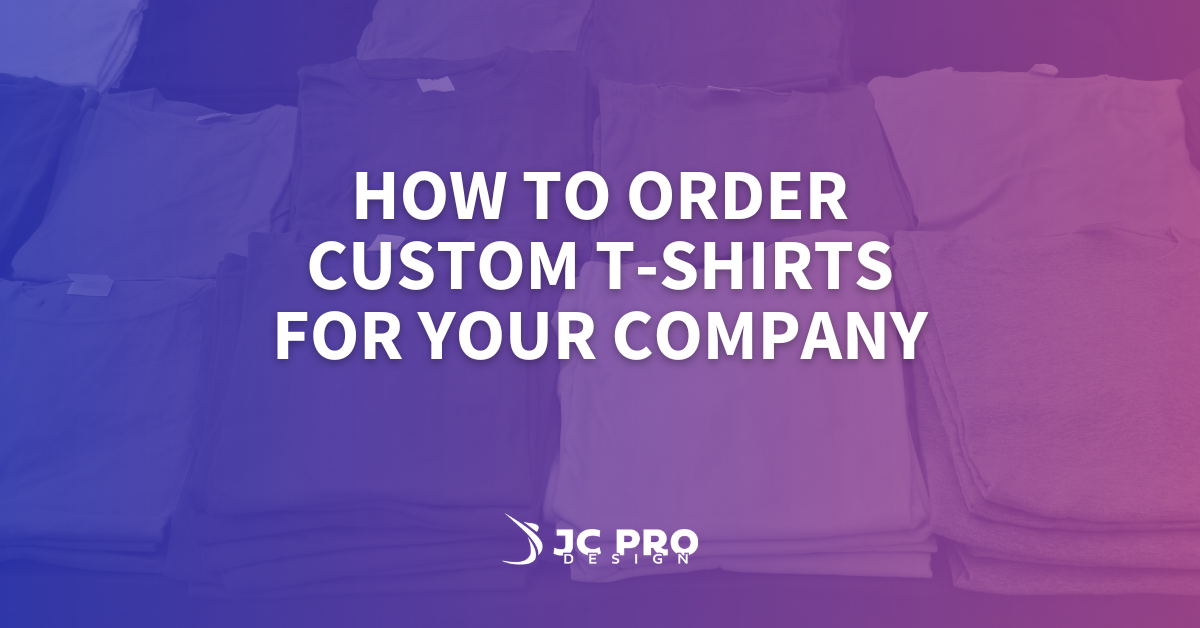
Fabric blends combine two or more types of fibers to create a material that capitalizes on the strengths of each. Blended fabrics have become incredibly popular in T-shirt production, offering a harmonious balance of comfort, durability, and performance.
Common Blend Combinations
One of the most common fabric blends is cotton-polyester. This combination leverages the softness and breathability of cotton while adding the durability and wrinkle resistance of polyester. The result is a T-shirt that feels comfortable against the skin yet holds its shape and color over time, making it an excellent choice for casual wear and promotional items.
Another popular blend is cotton-spandex, which incorporates a small percentage of spandex (also known as elastane) into the cotton fabric. This blend introduces stretchability, allowing for greater flexibility and a snug fit. Cotton-spandex T-shirts are often favored for fitted styles, as they provide a flattering silhouette without compromising comfort.
Enhanced Durability and Wrinkle Resistance
Blended fabrics typically exhibit superior durability compared to their natural counterparts. The incorporation of synthetic fibers strengthens the fabric, enhancing its resistance to fading, stretching, and wear. As a result, blended T-shirts can withstand frequent washing and remain in great condition for extended periods.
In terms of maintenance, blended fabrics often require less ironing than pure cotton. The wrinkle-resistant properties of polyester help eliminate the need for constant touch-ups, making them a convenient option for busy individuals who value low-maintenance clothing.
A Note on Breathability and Softness
While blends offer numerous benefits, it's essential to note that some may sacrifice breathability. Depending on the fiber ratio, certain blends can feel less breathable than pure cotton. When selecting a blend, pay attention to the composition—blends with higher cotton percentages will generally provide greater breathability.
Additionally, blends may not always match the softness of 100% cotton. Some individuals prefer the feel of natural fibers against their skin, while others appreciate the practicality of blends. It's crucial to consider personal preference when deciding on fabric blends for your custom T-shirt.
In conclusion, fabric blends represent an attractive option for custom T-shirts, combining the strengths of both natural and synthetic fibers. By understanding the benefits and limitations of specific blends, you can tailor your fabric choice to best suit your design goals and functional needs.
Fabric Weight: Determining the Right Thickness for Your Needs

When selecting fabric for your custom T-shirt, weight plays a critical role in determining how the finished garment will drape, feel, and perform. Fabric weight is typically measured in grams per square meter (GSM), and it significantly affects the overall characteristics of the T-shirt.
Lightweight Fabrics for Versatility
Lightweight fabrics generally fall below 150 GSM and are ideal for warm climates or casual wear. These fabrics are breathable and comfortable, making them perfect for everyday T-shirts or summer styles. Lightweight cotton, jersey blends, and sheer materials are popular choices for creating airy, relaxed garments.
However, while lightweight fabrics prioritize comfort, they may be less durable than heavier options. If durability is a key consideration for your custom T-shirt, you may want to evaluate the specific use case, as lighter fabrics might not hold up as well over time.
Medium-Weight Fabrics: The Perfect Balance
Medium-weight fabrics, typically ranging between 150 and 200 GSM, strike a balance between comfort and durability. These fabrics offer more structure and opacity, making them versatile enough for a wide range of styles and occasions. Medium-weight cotton and polyester blends are popular choices for everyday T-shirts, as they provide a good combination of softness and durability.
These fabrics may serve as an excellent option for layered outfits as well, as they can be comfortably worn beneath jackets or cardigans without feeling bulky. Additionally, medium-weight fabrics tend to be less prone to wrinkles than lighter choices, helping maintain a polished look throughout the day.
Heavyweight Fabrics for Structure and Warmth
Heavyweight fabrics generally exceed 200 GSM and deliver a structured feel. These fabrics are often utilized in more specialized T-shirt designs, such as long-sleeve tees or sweatshirts. Heavyweight cotton and fleece blends provide warmth for colder months, making them ideal for layering.
While heavyweight fabrics offer exceptional durability and warmth, they may be less breathable than lighter options. Consequently, they might not be suitable for all occasions. Consider the climate and intended use when opting for a heavyweight T-shirt, as excessive weight may detract from comfort in warm conditions.
Ultimately, understanding fabric weight will help you select the appropriate thickness for your custom T-shirt, creating a garment that meets your desired level of comfort and functionality.
Print Quality: Fabric's Impact on Design and Color Reproduction
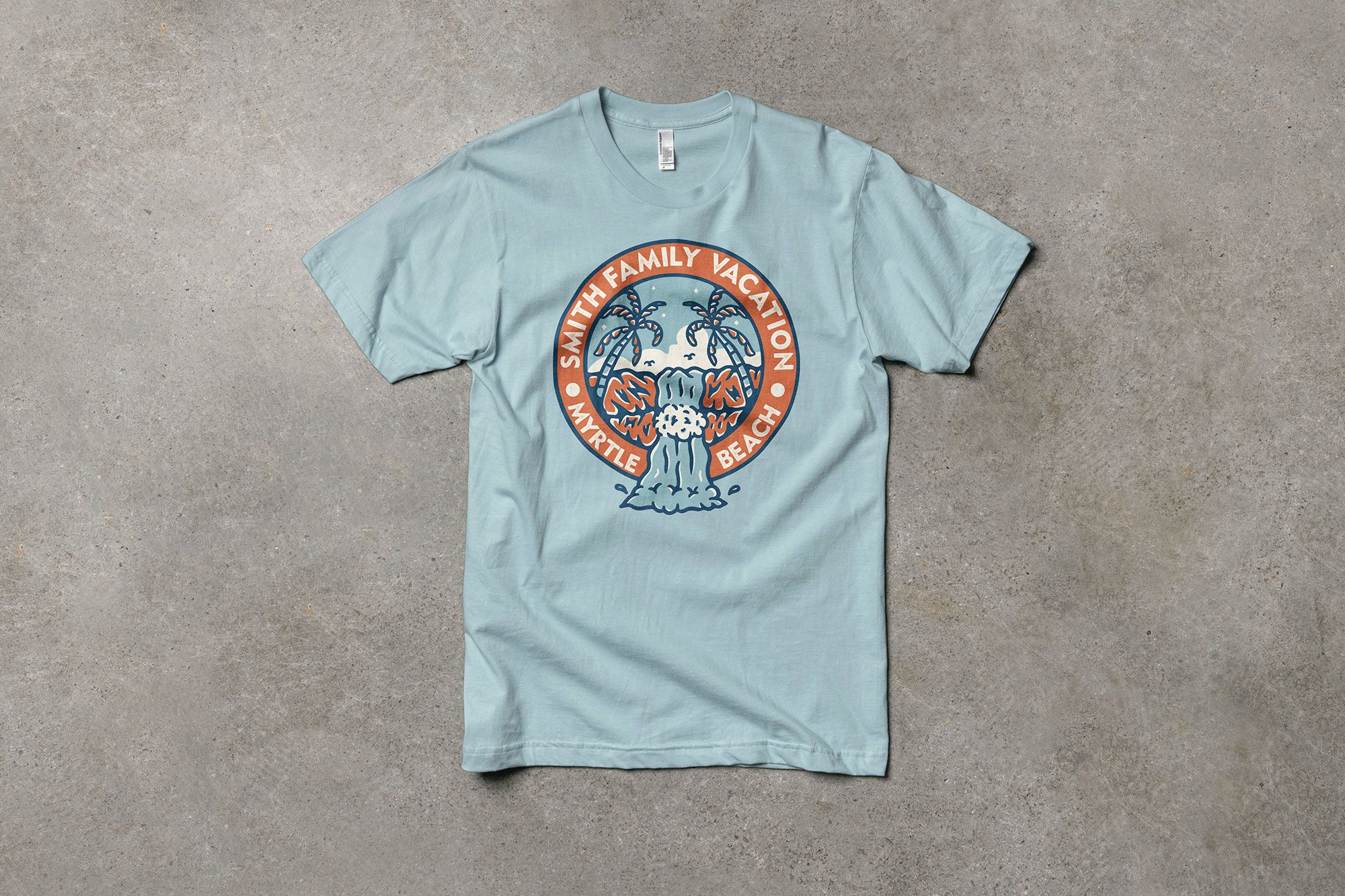
The fabric you select for your custom T-shirt significantly influences the quality of prints and designs. From intricate graphics to vibrant colors, the right fabric can enhance the visual appeal and longevity of printed artwork.
Surface Texture and Print Affinity
One of the primary factors affecting print quality is the surface texture of the fabric. Smoother surfaces, such as those found in tightly woven cotton or polyester interlock, provide an ideal base for printing. These fabrics allow ink to adhere evenly, resulting in clear and sharp designs.
Conversely, fabrics with a rough or uneven texture may hinder print clarity, leading to faded or distorted images. If your custom T-shirt involves detailed graphics or intricate patterns, opt for fabrics with a smooth and consistent surface to ensure the best possible outcome.
Ink Compatibility and Color Vibrancy
Different fabrics interact uniquely with various inks. For example, water-based inks tend to work well with cotton fabrics, delivering vibrant colors and soft finishes. In contrast, plastisol inks may be more suitable for polyester fabrics, providing durability and resistance to fading over time.
Additionally, the fabric's color can affect how printed colors appear. Dark fabrics may require specialty inks or underbases to achieve brightness and vibrancy, while light-colored fabrics allow colors to pop more readily. Be mindful of your design's color palette and how it relates to the chosen fabric.
Longevity of Prints and Maintenance Considerations
The selected fabric can also influence the longevity of prints. Fabrics that resist fading and cracking will extend the lifespan of your custom designs. Polyester, for instance, is known for its fade-resistant properties, making it an excellent choice for T-shirts expected to endure frequent washing.
To preserve the quality of printed designs, consider the care instructions associated with your chosen fabric. Fabrics requiring special care, such as cold washes or air drying, may demand more effort to maintain print integrity. Prioritize fabric options that align with your maintenance preferences to ensure the long-lasting beauty of your custom T-shirt.
In essence, print quality is a crucial consideration when choosing fabric for your custom T-shirt. By selecting the right material and understanding how it interacts with ink, you can create eye-catching designs that stand the test of time.
Sustainability and Ethical Sourcing: Choosing Eco-Friendly Fabrics
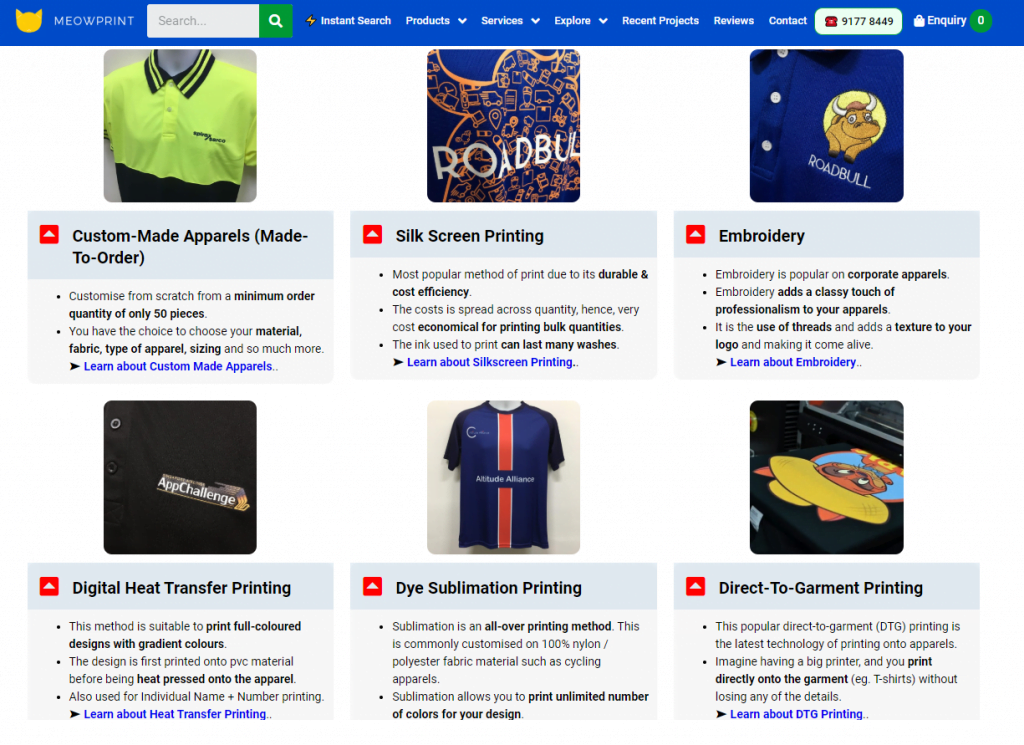
As consumer awareness around sustainability grows, many individuals seek eco-friendly options for their custom T-shirts. Selecting sustainable fabrics not only benefits the planet but can also resonate positively with your target audience, conveying a commitment to ethical practices.
Sustainable Fiber Options
Several sustainable fabric options exist, including organic cotton, bamboo, hemp, and Tencel (lyocell). Organic cotton is grown without harmful pesticides or chemicals, reducing environmental impact during cultivation. Additionally, organic farming practices promote soil health and biodiversity.
Bamboo is another appealing option, as it is a fast-growing plant that requires minimal water and pesticides. Bamboo fabric is known for its natural softness and antibacterial properties, making it suitable for various applications, including activewear.
Hemp is a highly resilient and sustainable crop, requiring little water and no chemical fertilizers. Hemp fabrics tend to become softer with every wash, making them comfortable for wear. Tencel, derived from sustainably harvested wood pulp, presents a biodegradable option with excellent moisture-wicking properties.
Certifications and Labels
When searching for sustainable fabric options, certifications and labels can provide assurance regarding ethical sourcing practices. Look for certifications such as Global Organic Textile Standard (GOTS), OEKO-TEX Standard 100, and Fair Trade Certification. These indicators signify that the fabric meets strict environmental and social standards throughout its lifecycle.
Choosing certified fabrics not only ensures that you're making responsible choices but also resonates with consumers who prioritize sustainability. By incorporating eco-friendly materials into your custom T-shirt project, you can cultivate a positive brand image and contribute to a healthier planet.
Balancing Sustainability with Functionality
While prioritizing sustainability is admirable, it’s essential to ensure that the chosen fabric also meets the functional needs of your T-shirt. Factors such as durability, comfort, and performance should not be compromised in the pursuit of eco-friendliness.
Researching suppliers and manufacturers who specialize in sustainable fabrics can help you find options that marry both principles. Many companies now offer eco-conscious alternatives that do not sacrifice quality or performance, allowing you to create a custom T-shirt that embodies both style and responsibility.
In summary, sustainability and ethical sourcing play an increasingly vital role in today’s fashion landscape. By exploring eco-friendly fabric options and understanding certification standards, you can make informed decisions that align with your values and cater to conscious consumers.
Care Instructions: Selecting Fabrics for Easy Maintenance
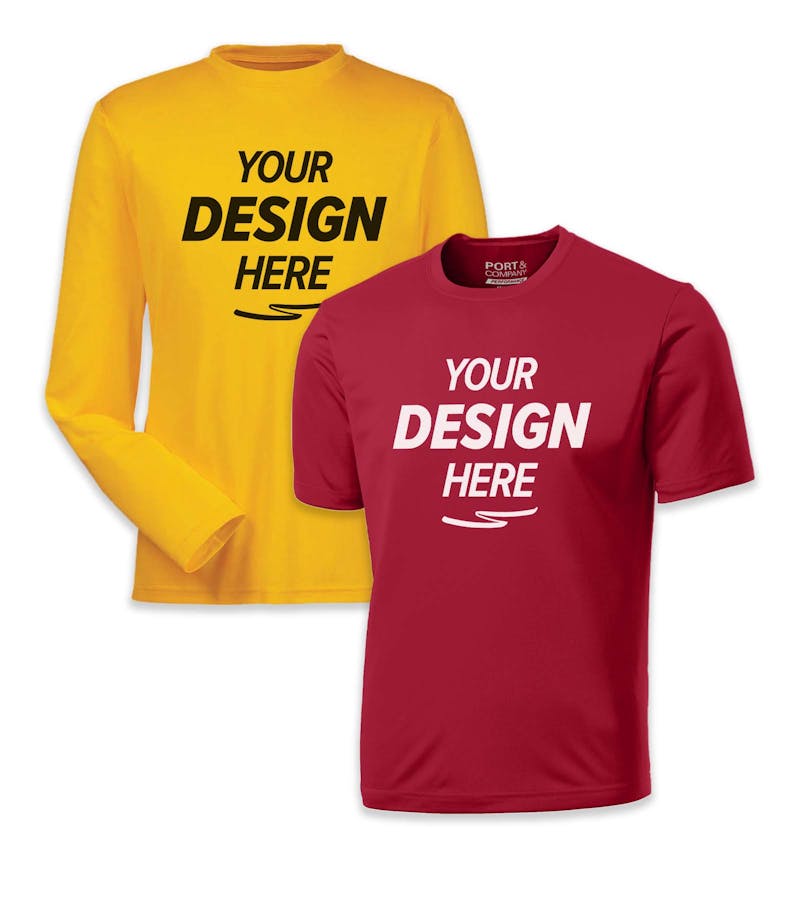
Another vital aspect to consider when choosing fabric for your custom T-shirt is the maintenance required to keep it looking fresh and new. Different fabrics have varying care instructions, impacting your overall satisfaction and the longevity of the garment.
Read the Care Label
Before finalizing your fabric choice, take the time to examine the care label. Many fabrics come with specific washing, drying, and ironing guidelines that dictate how to maintain their appearance over time. For example, while cotton T-shirts may tolerate regular machine washing, some blends may require delicate handling to avoid damage.
Fabrics marked as “dry clean only” may demand additional effort and expense, which could detract from the convenience of everyday wear. Opting for fabrics that can withstand simple washing routines will save you time and effort in the long run.
Delicate vs. Durable Fabrics
When considering maintenance, also think about the inherent characteristics of the fabric itself. Delicate fabrics, such as silk or fine knits, may require gentle cycles or even hand washing to prevent damage. These fabrics may not be ideal for individuals seeking low-maintenance options.
Conversely, more durable fabrics like polyester and cotton blends are often designed to withstand frequent washing and wear. These fabrics tend to hold their shape and color well, making them easier to care for over time. If hassle-free maintenance is a priority, lean toward stronger fabric options.
Preventative Measures for Longevity
Regardless of the fabric type, implementing preventative measures can help prolong the life of your custom T-shirt. Washing inside out, using cold water instead of hot, and air drying whenever possible can minimize wear and damage.
Avoiding harsh detergents and excessive heat can also protect the fabric's integrity. Taking these precautions will help maintain the appearance and structure of your T-shirt, ensuring it remains a staple in your wardrobe for years to come.
In essence, understanding care instructions is essential when selecting fabric for your custom T-shirt. Prioritizing easy-to-maintain options will enhance your overall satisfaction and guarantee that your garment stays in great condition.
Budget Considerations: Balancing Fabric Cost with Quality and Durability

Budget is a significant factor in any custom T-shirt project, influencing everything from fabric selection to design choices. Striking a balance between cost and quality is crucial to achieving a satisfactory end product that meets your vision without breaking the bank.
Evaluating Fabric Prices
Fabric prices can vary based on several factors, including fiber type, quality, and sourcing practices. Natural fibers, such as organic cotton and bamboo, often carry a higher price tag due to the sustainable farming methods and meticulous processing involved in their production. While investing in higher-priced fabrics can yield excellent results, it’s vital to assess whether they align with your budget.
Synthetic options like polyester typically offer more affordable alternatives, providing durability at a lower cost. However, consider the long-term implications of your investment—choosing cheaper fabrics may lead to faster wear and replacement costs down the line.
Long-Term Value vs. Short-Term Savings
While sticking to a budget is essential, it’s worth contemplating the long-term value of your fabric choice. Investing in higher-quality fabrics can result in T-shirts that withstand wear and tear, saving you money on replacements and upkeep in the future.
If you plan to produce custom T-shirts on a larger scale, consider bulk purchasing options from reputable suppliers. Many manufacturers offer discounts for larger orders, allowing you to maximize your budget while still opting for quality materials.
The Impact of Brand Perception
Your fabric choice can significantly influence brand perception, especially if you are creating custom T-shirts for promotional purposes. Utilizing high-quality fabrics can elevate your brand image and communicate a sense of professionalism to your customers. On the contrary, using lower-quality materials may undermine the perceived value of your offerings.
Ultimately, balancing budget considerations with quality and durability will lead to a successful custom T-shirt project. By evaluating your options critically, you can make informed choices that align with your financial goals while still delivering an outstanding final product.
The Art of Touch: Choosing the Fabric that Feels Best on Your Skin
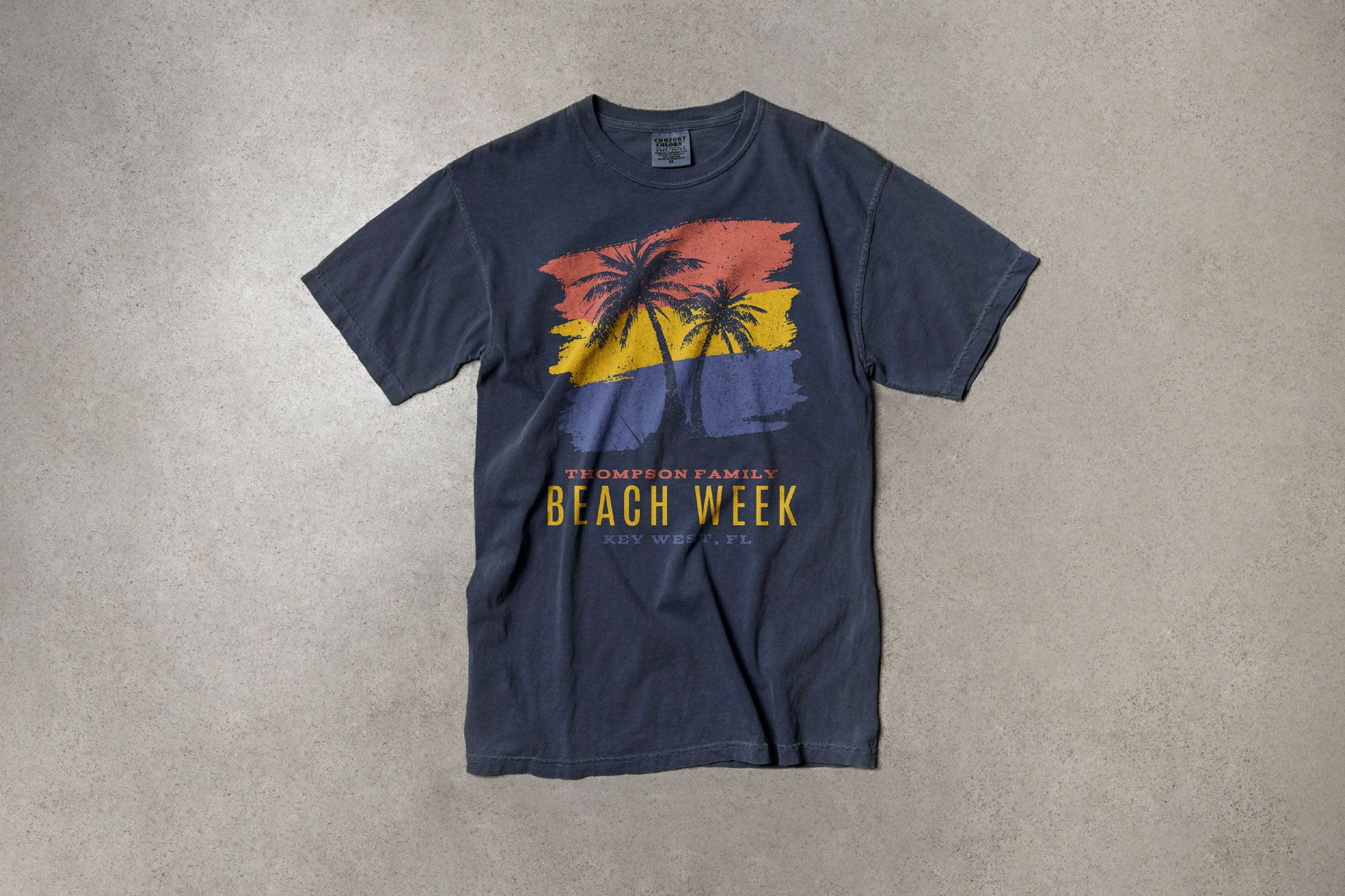
Ultimately, the fabric of your custom T-shirt should feel good against your skin. Comfort is paramount, as it determines whether individuals will enjoy wearing the T-shirt repeatedly or will quickly discard it.
Personal Preferences Matter
Everyone has unique preferences regarding fabric feel. Some people gravitate towards the soft, cozy embrace of cotton, while others may prefer the sleek texture of a polyester blend. Take the time to familiarize yourself with different fabric types and textures before making your decision. Consult friends or colleagues to gather opinions and feedback on different materials to help guide your choice.
Conducting a Sensory Test
If possible, conduct a sensory test by visiting stores or fabric shops to feel the samples in person. Pay attention to the fabric's weight, texture, and overall drape. Does it feel scratchy or too stiff? Is it soft and pliable? The tactile experience can greatly influence your final decision, so trust your instincts and go with what feels best.
Considering the Wearer's Activities
Think about the activities the wearer will engage in while sporting the T-shirt. If it’s intended for strenuous physical activity, moisture-wicking fabrics may take precedence over softness. Conversely, if it’s for casual outings or lounging, a cozy cotton fabric may be more desirable.
By taking the time to understand personal preferences and conducting tests, you can confidently select a fabric that feels satisfying against the skin, enhancing the overall enjoyment of the custom T-shirt.
Conclusion
Choosing the best fabric for your custom T-shirt is crucial for creating a product that's comfortable, stylish, and durable. By considering your needs, budget, and the intended use of the T-shirt, you can confidently make a choice that will leave you satisfied with the final product. Remember, investing in high-quality fabric is an investment in your T-shirt's longevity and your overall enjoyment of it.


